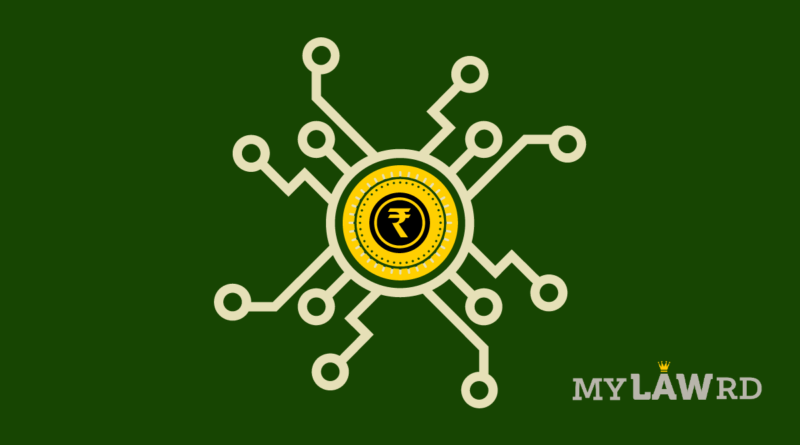RBI is planning CBDC pilots soon: Dy Governor T. Rabi Shankar
Speaking at an event hosted by Vidhi Centre for Legal Policy, Deputy Governor of RBI T. Rabi Shankar said, “RBI is considering a “phased Introduction” of a central bank digital currency (CBDC).” The RBI is likely to soon kick off pilot projects to assess the viability of using digital currency to make wholesale and retail payments.
This will be done in a phased manner because it will need legal changes in India’s foreign exchange rules and Information Technology laws.
Difference between Digital, virtual and Cryptocurrencies
| Digital Currencies are regulated or unregulated currency that is available only in a digital or electronic form. It is an electronic model of currency notes that can be stored in a digital wallet. | Virtual Currencies are unregulated digital currency that is controlled by its developer(s), the founding organization, or the defined network protocol. | Cryptocurrencies are the type of virtual currencies that uses cryptography to secure and verify transactions as well as to manage and control the creation of new currency. |
In simple words, ‘All cryptocurrencies are digital currencies, but not all digital currencies are cryptocurrencies.’
Why RBI wants to introduce CBDC?
The emergence of cryptocurrencies such as Bitcoin has added pressure on central banks to ensure they have a viable alternative before unregulated payment forms take over. The Deputy Governor said, “Every idea has to wait for its time, perhaps the time for CBDC is here. Like other central banks, we have also been exploring the pros and cons of this for quite some time now.”
In addition, he added, “India is already a leader in digital payments, but cash remains dominant for small-value transactions. CBDC will help in bringing down the usage of cash in the economy.” Central banks around the world are also worried that if these private currencies keep on growing at this pace, national currencies are likely to come under some kind of threat.
Challenges ahead
Deputy Governor highlighted some key issues to be examined like, whether CBDC should be used in retail or wholesale payments, the underlying technology, if the validation mechanism should be token-based, etc. A high-level inter-ministerial committee set up by the Finance Ministry had recommended the introduction of CBDC with changes in the legal framework including the RBI Act. This act empowers RBI to regulate the issuance of banknotes.
Benefits of CBDC from an individual’s perspective
CBDC would reduce the cost of currency management while enabling real-time payments without any inter-bank settlement. They would enable a cheaper and more real-time globalization of payment systems.
It is also conceivable for an Indian exporter to be paid on a real-time basis without any intermediary. The risks of dollar-rupee transactions, the time zone difference in such transactions would virtually disappear. Central Bank-backed Digital currencies could be designed to promote non-anonymity of monetary transactions and financial inclusion by direct transfers.
Exploring CBDC
During the lockdown, the popularity of cryptocurrencies (bitcoin) and other online payments increased manifold. Central banks around the world are exploring new units of their own. China was first in this race in March 2021. Other countries like the United Kingdom and Russia are also evaluating the possibility of launching their digital currencies.
Do subscribe to our Telegram channel for more resources and discussions on tech-law. To receive weekly updates, don’t forget to subscribe to our Newsletter.

